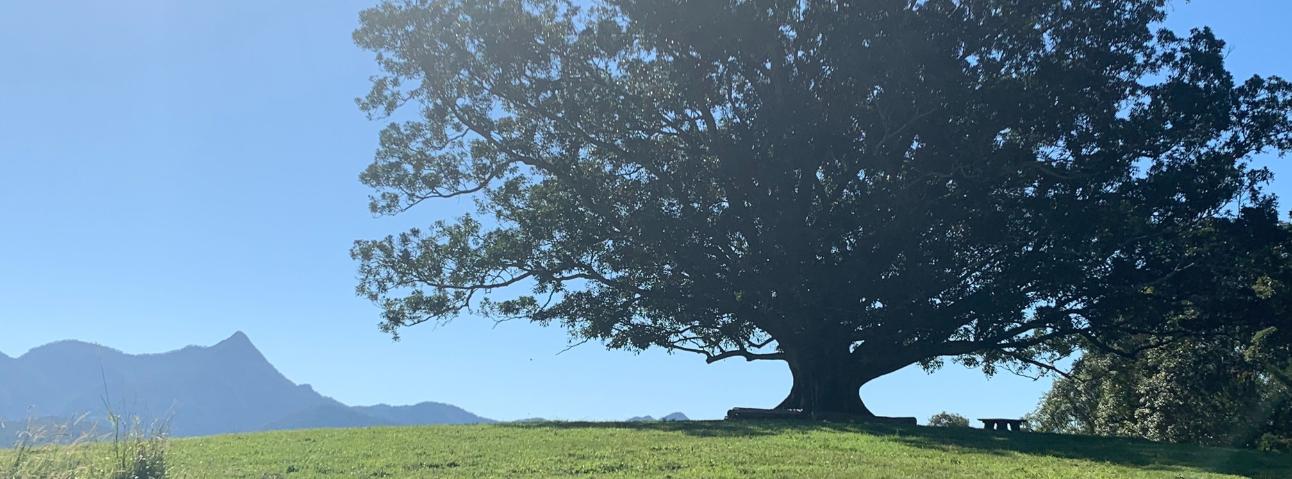Are you experiencing eco-anxiety?
For the first time in five years we can see the findings of the Australian State of the Environment Report. The findings are worse than many predicted: the report begins by saying the Australian environment is in a ‘poor and deteriorating’ state across every ecosystem. With such a bleak outlook it’s no wonder that young people are experiencing ‘eco-anxiety’.
Eco-anxiety is distress relating to climate and ecological crises. Much of the research on eco-anxiety has focused on young people. They will, after all, be living on this planet for a long time. A 13 year old in Australia will live at least another 70 years on average. When you have studies ranking the Australian species most likely to go extinct within the next 20 years only, the next 70 years can look pretty dark.
Eco-anxiety is widespread. Of 10,000 young people across 10 countries in a recent Lancet journal article, 84% were at least ‘moderately worried’ about climate change, and 54% were at least ‘very worried’. This worry translates to more negative and paralysing emotions too: 75% of young people said that they think the future is frightening. In response to ‘Humanity is doomed’, 58% of young people said ‘Yes’.
Young people are not worried about nothing. The climate and ecosystems are changing at an alarming rate. So, what can be done about eco-anxiety?
Human Nature therapists recognise that eco-anxiety relates to a large and tangible threat to existence, but we believe the current tools of therapy are in fact the best way to help deal with any existential dread that young people face.
Our therapists routinely:
- Listen and validate the concerns of young people,
- Help young people uncover their core beliefs and values,
- Challenge them to ‘test’ their beliefs and live in line with their values,
- Guide them to identify and accept what they can and can’t change, and
- Encourage young people to create and assess solutions.
With ecological crises, young people often feel powerless, frightened, dismissed, or betrayed. Therapists listen to and believe these strong emotions, then suggest constructive and empowering perspectives.
One perspective shared by all Human Nature therapists is that nature itself is a great teacher. By being in nature, Human Nature therapists prove to young people that nature is still there—it’s still beautiful and it’s worth fighting for. Nature itself can empower young people to take action. It can help them connect with themselves and with their values. Human Nature connects a community of young people who have become passionate about nature—a place that has been integral to their healing.
“My relationship with nature has been largely impacted by Recre8. Before the expedition I took my surroundings for granted and didn’t take the opportunities to be thankful for the amazing place we call home. I’ve learnt how to come back to centre using nature, even if that is just standing outside and waiting for my feelings to pass.” – Recre8 participant”
By learning to approach our external and our internal worlds with optimism while acknowledging the real threats, therapists help young people get unstuck from their eco-anxiety.
Improving mental health won’t make climate and ecosystem crises disappear overnight. But, by helping young people understand their values and act with confidence in the world, we are spreading the idea that the future might actually be worthwhile.
Chris Vennell, Therapeutic Mentor



